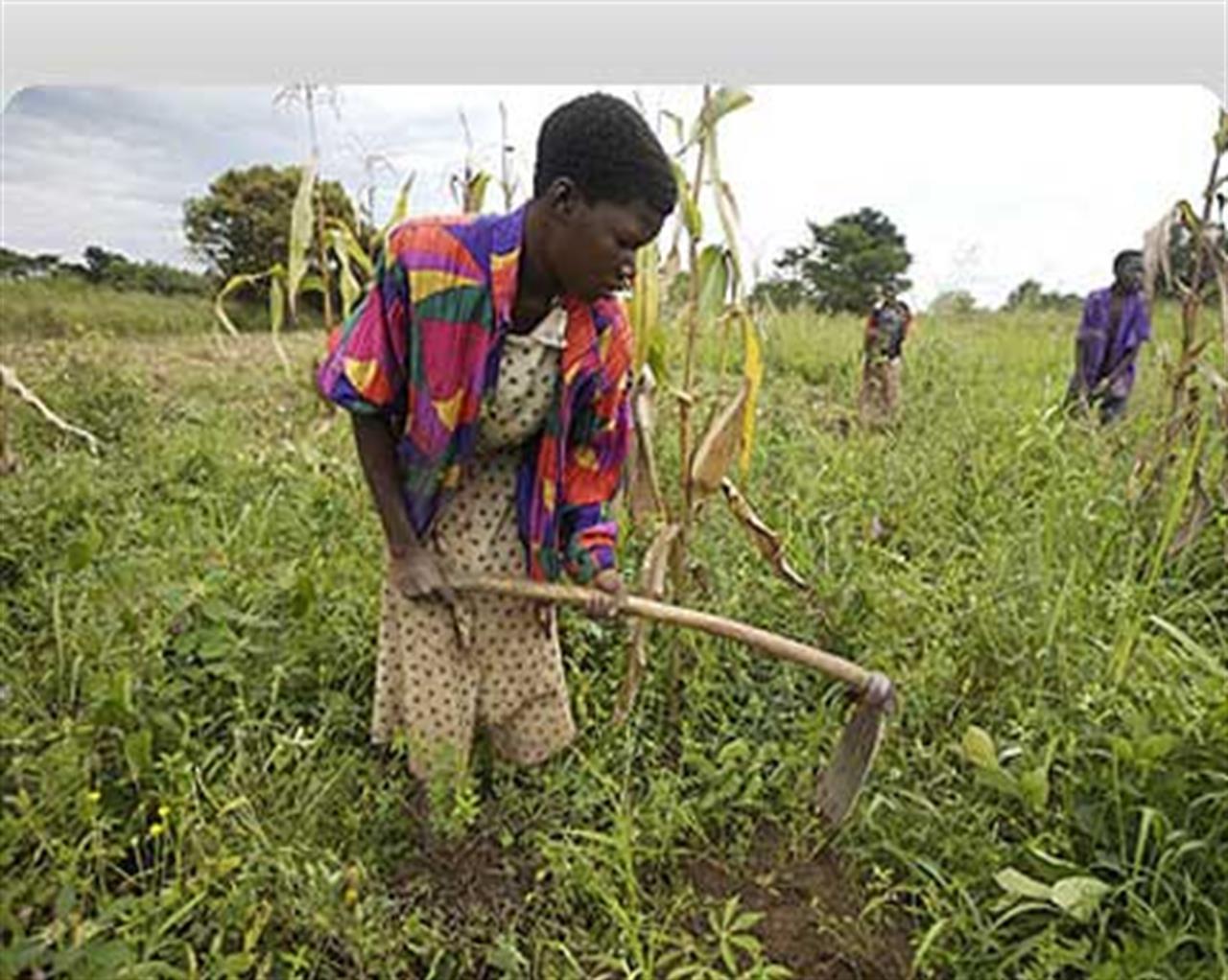$20 billion pledged by G8 in farm aid to poor nations
Last day of summit sees key pledges in farm aid

G8 leaders pledged $20 billion in farm aid to help poor nations feed themselves, surpassing expectations on the final day of a summit that has yielded little progress on climate change and trade.
The United States used the meeting of world leaders to push for a shift towards farm investment aid from food aid and will make $3.5 billion available to the 3-year programme. But African nations reminded the rich of a need to honour past commitments.
“Working with the G8, African and European countries and multinational bodies, we had the satisfaction of increasing the $15 billion to $20 billion over three years,” said Italian President Silvio Berlsuconi.
The United Nations says the number of malnourished people has risen over the past two years and is expected to top 1.02 billion this year, reversing a four-decade trend of declines.
“$20 billion was a last-minute agreement and it was greeted with great happiness by all of us in the conference room. While we are rebuilding agriculture we need to continue supporting food assistance because the financial crisis is pushing another 103 million people into hunger this year,” said Staffan de Mistura, vice executive director of the World Food Programme.
After two days of talks focused on the economic crisis, trade and global warming, the final day of the meeting in Italy looked at problems facing the poorest nations.
G8 leaders promised in Gleneagles in 2005 to increase annual aid by $50 billion by 2010, half of which was meant for African countries. But aid bodies say some G8 countries have gone back on their word, especially this year’s G8 host, Italy.
Besides Meles, the leaders of Algeria, Angola, Egypt, Libya, Nigeria, Senegal and South Africa joined their G8 counterparts to discuss food security and farming, and to push their demand for compensation for the ravages of climate change.
It was not clear how much of the $20 billion was new funding and how much each country would give.
The focus on agricultural investments reflects a U.S.-led shift away from emergency aid assistance towards longer-term strategies to try to make communities more self-sufficient.
Senegal’s President Abdoulaye Wade told Reuters that Barack Obama, who will make his first visit to Africa as U.S. president after the G8, brought a welcome new focus on African farming.
Wade, who has championed efforts to increase agriculture in his West African country, which relies heavily on food imports, said Obama “really has the will to focus on food in Africa”.
“The United States produces maize and some crops and sends it to people in famine, but the new conception is to produce these crops in Africa and not in the United States,” Wade said.
The $20 billion over three years may compare unfavourably with the $13.4 billion the G8 says it has already disbursed between January 2008 and July 2009, but aid groups said the funds pledged on Friday were more clearly focused.
British charity ActionAid has warned that, with one billion hungry, decisions at the G8 could “literally make the difference between life and death for millions in the developing world”.
Japan and the European Union were championing a code of conduct for responsible investment in the face of growing farmland acquisition or “land grabs” in emerging nations.
The l’Aquila summit has produced chequered results on other issues, making only limited progress in crucial climate talks following the refusal by major developing nations to sign up to the goal of halving world greenhouse gas emissions by 2050.
Source: alertnet.org
Read Vita Europe article on limited climate achievements made.
Read Vita Europe article on the initial starting line in terms of climate and aid of all G8 countries.
Nessuno ti regala niente, noi sì
Hai letto questo articolo liberamente, senza essere bloccato dopo le prime righe. Ti è piaciuto? L’hai trovato interessante e utile? Gli articoli online di VITA sono in larga parte accessibili gratuitamente. Ci teniamo sia così per sempre, perché l’informazione è un diritto di tutti. E possiamo farlo grazie al supporto di chi si abbona.
